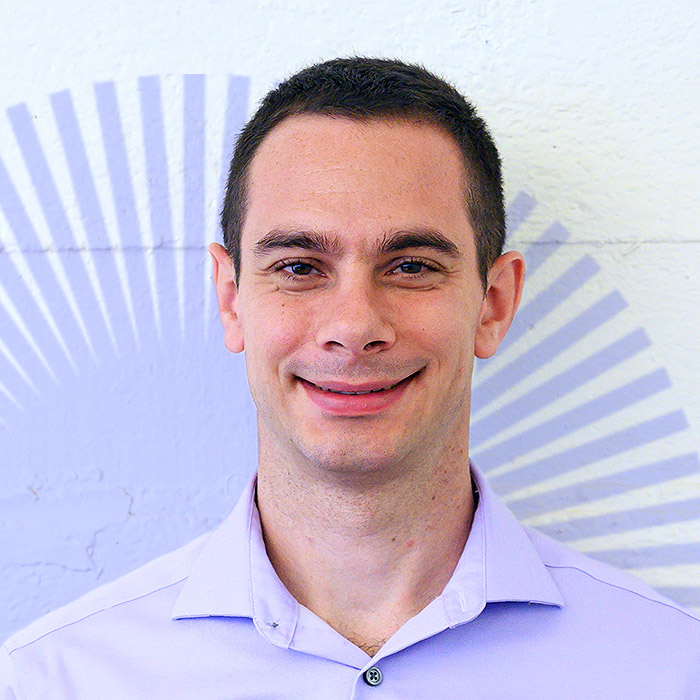How to Appropriately Celebrate Veterans
For Veterans Day, we wanted to share an internal Slack thread shared by our Director Ryan Godbey, a veteran of the U.S. Navy, with our team to prompt reflection, share insights on the complexities of the veteran experience, and offer ways to support and honor Veterans.
As we approach Veterans Day tomorrow, I’d like to share some reflections with you all. Veterans as a group are celebrated, respected, misunderstood, underserved, and exploited. I want to honor Veterans Day by acknowledging this complexity, exploring the impact of it, and reminding myself how to support veterans. Please join me in learning more about some of the complex issues facing veterans.
Each veteran has a completely unique story
No two veterans have the same experience, and the differences can be drastic. There are 512 unique jobs in the military, and each has a different set of specializations. Responsibilities vary drastically from station to station, and throughout their career most veterans serve in a wide variety of different roles. By default, they develop unmatched adaptability and resilience.
Every veteran serves for unique reasons
What makes a veteran unique extends to their connectedness to their identity as a service member and their feelings about it. One thing you might not know is that the US offers a pathway to citizenship through military service, so not all service members are citizens. Read this quick interview that highlights the experiences and perspectives of a few veterans.
Veterans face challenges in the transition to civilian life
This is true for a multitude of reasons that include PTSD, service-connected health issues, and a lack of social support. I want to focus on one that should be easy to solve — the civilian career transition. Structural barriers, like military training not translating into civilian certifications, often prevent veterans from being qualified for jobs in civilian life despite having many years of experience doing the exact same job in the military.
Veterans have transferable skills, but they’re hard to leverage
Nearly every veteran has extensive project management experience, has adapted quickly to new environments, has delivered under pressure, and has in some way been called on to lead. This provides a strong transferable skillset, but employers don’t know how to interpret military experience and veterans are often ill prepared to do it for them. This is made more difficult because a newly separated veteran is completely in the dark about the working norms of corporate culture and the ways in which they need to translate military terminology to corporate speak. Two of my favorite organizations that help with all of these things are American Corporate Partners and FourBlock.
Black service members face inequity
Today, 17% of the active duty military is Black, more than every other non-White group combined. Nearly 53% of minority service members have seen examples of White nationalism or ideologically driven racism among their fellow troops. Black service members face up to a 71% greater likelihood of punishment during their service which can lead to denial of VA benefits once becoming a veteran and 1 in 3 Black service members fear reporting discrimination for fear of retribution. See the Black Veteran Project.
Inequity continues after service for Black veterans
There are more than 2 million Black veterans in the United States. Black veterans are twice as likely to live in poverty compared to their White counterparts, and they make up 33% of the US homeless veteran population. This inequity is a shameful legacy of the country’s long-standing treatment of Black soldiers and veterans; read more about this here.
LGBTQ+ service members have long faced discrimination
In 2021, the Dept of Veterans Affairs announced that veterans who had been separated from the military with a dishonorable discharge because of their sexual orientation would now be eligible for VA benefits they had been previously denied. These benefits include the GI Bill education benefits, health care benefits, burial in a VA cemetery, access to home loans, and more.
In addition to denial of these benefits, impacted LGBTQ+ veterans faced discrimination when showing the military paperwork to prospective employers, which would show “homosexual conduct” as the reason for their discharge in addition to characterizing their service in an unfavorable light.
I feel like the best way to honor this group is to try to understand them, the challenges they face, and the way they experience the world. This barely scratches the surface, but I hope you find it informative and useful as you reflect on what Veterans Day means for you. Thank you to all the veterans in your life, thank you for supporting them, and thank you for reading.
November 10, 2022

 Our website uses cookies to distinguish you from other users of our website. This helps us to provide you with a good experience when you browse our website and also allows us to
improve our site. By continuing to browse our website, you’re agreeing to our use of cookies. For more information, please read our
Our website uses cookies to distinguish you from other users of our website. This helps us to provide you with a good experience when you browse our website and also allows us to
improve our site. By continuing to browse our website, you’re agreeing to our use of cookies. For more information, please read our
